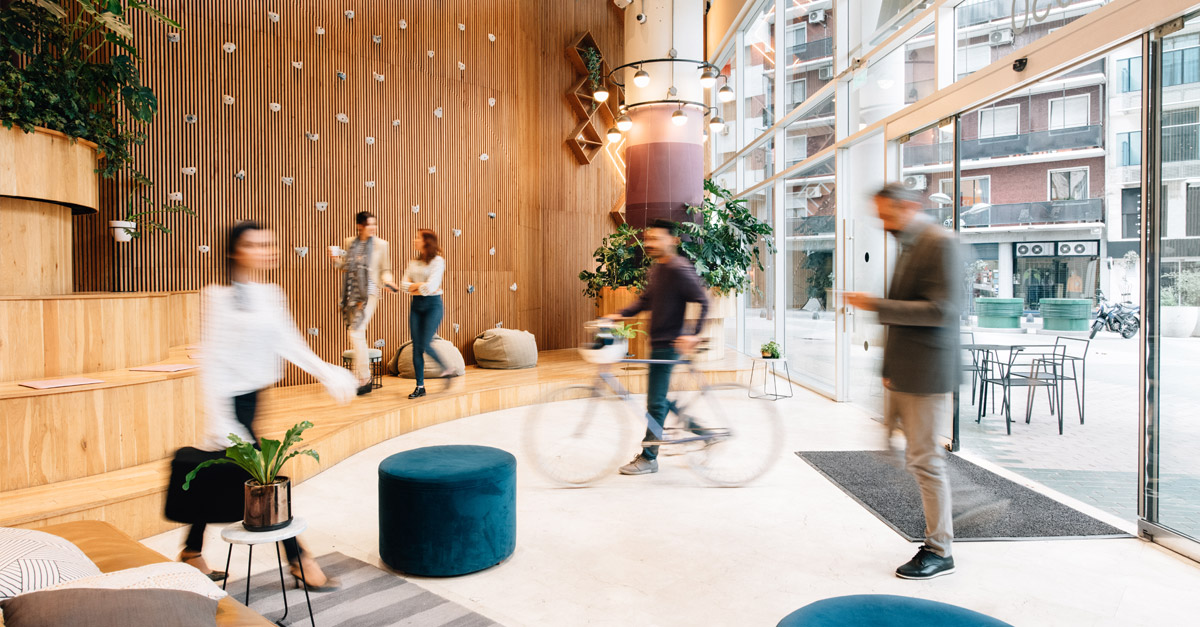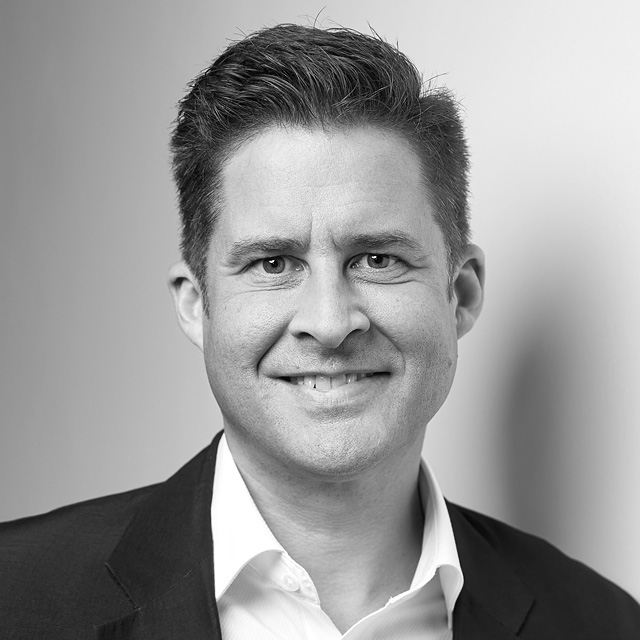Covid-enforced remote working – and its sibling (still at the toddler stage), hybrid working – have challenged the one-size-fits-all approach of traditional career management and heightened the aspirations of employees toward more flexibility and integration with their lives outside of work.
Thought-full and thought-leading companies should recognise that the response to these emerging work dynamics may not be as simple as suggesting everyone can work from home 1-2 days per week. There are more subtle, longer-term consequences to this increased flexibility that need a more considered response. Experiments with hybrid working are still playing out in the workplace, though two things appear to be clear;
- After months of reflection time, employees will heavily resist returning to toxic work cultures, especially in a buoyant labour market full of choice
- The workplace needs to offer more benefits to the employee than working from home and these benefits need to be felt by workers.
These aspects together are really what is underlying Dr Anthony Klotz’s ‘Great Resignation’ but that terminology is incomplete because employees aren’t just resigning and doing nothing. They are resigning to move to companies that care and offer a higher quality of experience. A recent Gallup poll suggested that only 24% of employees believed their company cared about their wellbeing. Rather than a great resignation, it’s a flight to quality; a trend accelerated by COVID-19.
The flight to quality is a recognition that in order to attract employees out of their homes and back to working together in person, the workplace must offer something better than the home. In turn, this means digging into what employees really want to make them feel happy and needed.
While many workers could now work remotely, it doesn’t necessarily mean that they should. Similar to having a long-term financial savings and investment plan, people need to invest in relationships for the longer term. By the time you need the money, it’s too late to start investing and the same may happen with personal development and thereby employee satisfaction and business success.
Employees not investing in strong-tie human relationships may find themselves wanting for meaning, human connection, personal development, and a strong network. Being denied too much of the energy of person-to-person and small-group creative thinking can leave individuals feeling unfulfilled and unneeded. This is a creeping death to personal fulfilment and motivation, the impacts of which will only become apparent in the months and years to come.
While many of us have enjoyed the increased flexibility of a hybrid working world, the positives of hybrid working may be outweighed by the negatives. These include:
- Weakening connection to the core team, feeling more out of the loop and less like your opinion counts or is asked for.
- Lower frequency of serendipitous moments with colleagues because the end of the video call signals the end of human interaction. The only conversations are the planned ones, leaving little room for the rich surprises of spontaneity.
-
Missing the opportunities to spontaneously add value or learn new things through eavesdropping on the conversations of others.
-
Feeling torn between the pull of homelife responsibilities and being noticed enough at work to secure promotions and other career benefits.
-
Lack of mentoring opportunities; particularly for younger employees, working life without the office is not the optimal way to learn. The need to learn from seeing others, and from constant contact; immediate feedback is invaluable.
These negative consequences of hybrid working are the consequences of losing the structured working week. Connection to a common culture, serendipity, spontaneity, and demonstration of self-worth are some of the most powerful intangible benefits of work that can make us feel most human. They differentiate us from the machines and provide self-development opportunities that make us feel valued and value-adding, and which provide meaning and a route to express our innate creativity. The Dalai Lama reminds us that the purpose of life is to be happy and to be needed, and shared experience helps this.
Companies that are not thinking about strategies to enhance personal development in a hybrid world may find themselves with even more dissatisfaction in the workplace and more staff looking elsewhere for work.
Few of us really want to resign, with all of the negative connotations and consequences that means. During COVID-19, many employees have either been forced into change or have reflected themselves into changes that have brought decades-old debates on work-life balance out of the academic literature and well into the hearts of minds of workers around the world.
Employees want experiences that are more meaningful and tailored for them. They don’t want to stop meeting others completely, they just don’t want to be forced into meetings when really they need time to focus. Equally, people don’t want to be left sitting alone in a home office when a problem shared can be a problem solved.
One area where this flight to quality is becoming most apparent is in the investment decisions of commercial office property developers – traditionally a field with significant balance sheets where decisions are made that can affect the pensions of millions.
Due to COVID-19, it was illegal to use offices in many countries for much of 2020/21 and the return to the office has been slowed by Omicron and continued experiments in hybrid working. However, investment in offices continues apace and the shifting demand for type and location of offices also suggests a flight to quality.
The office market industry splits the sector into grade A and grade B, the former usually being brand new, highly equipped city centre space, the latter being cheaper, older buildings, often converted from former factories and warehouses. Post COVID-19, the demand for grade A has significantly increased compared to grade B, reflecting the flight to quality in physical form. More than this, prospective tenants are asking for higher quality furnishings and fittings and spaces that encourage collaboration, creativity and that are better than working from home, coffee shops or trains.
Workers are also looking for spaces that embrace wellness. Whatever organisation you are working in, you will almost certainly have been on a corporate awayday or retreat. Typically held in lavish hotel surroundings, usually in a countryside setting, these awaydays often focus on introspection, creativity, wellness or strategy; topics for which the traditional daily grind doesn’t allow time.
Imagine now that the office felt like this. Your home takes the place of the space where the daily grind used to happen and the office feels like the awayday retreat. This is where the future of the office lies; the worlds of hospitality, commercial office and business school merge, and every visit to the office feels energising, personally rewarding, and collaboratively creative. This doesn’t mean that the time spent in the office necessarily decreases. Taking a holistic view of workspace and process design creates visits to the office that are more energising, creative, and productive.
Tech industry programmers are often (mistakenly) characterised as people who don’t need to be co-located. Software development is sometimes outsourced abroad, so has COVID-19 resulted in large swathes of the tech industry shunning the office to work from home permanently?
In fact, most programmers don’t spend their whole day sitting in front of a computer writing code. Often they’re seen standing around a whiteboard with other programmers, working out solutions and creating structures, because most programming work is about problem solving. Then they may spend some time at their desks coding, then trying to find a quiet place to make a call or do research and self-development. These same people need space for quiet contemplation, somewhere to lunch (ideally mixing with new people), a place for good coffee, ideally plenty of outdoor options, and somewhere for their own belongings. All of these modes and needs have to be addressed in the modern workplace and perhaps only one or two of these can really be offered at home.
The ‘campfire’ benefits of co-located working are heightened the more innovative the activity needs to be. If the organisation has a well-defined product, understands its target customers intrinsically, has a highly stable staff profile and therefore little need for innovation, then arguably more of that company’s work could be done with fewer physically co-located people. However, in today’s world, how many companies exist that can leave innovation to others?!
To attract, engage, and retain the best talent, and for workers to produce the best results for the organisation and themselves, the convergence of hotel, business school, and office will continue with workspaces offering the kind of self-development benefits that used to be provided by the traditional workplace awayday.
Condemning the ‘great resignation’ to the past can be achieved by providing a high-quality ‘lived experience’ through a ‘flight to quality’.
The Lived Experience, Working Life in the 21st Century:
This is one of a series of 13 practical articles on leadership written by the Future Work Forum (FWF) for the European Foundation for Management Development (EFMD), an accreditation body for business schools globally with a membership of 30,000 management professionals. Our partners have contributed to a special edition of their Global Focus magazine.

About the Future Work Forum:
The FWF exists to explore the working world of tomorrow. It is a think tank and network of highly skilled experts who share a passion to create a better, more humanised workplace, inspiring a new generation of leaders.


